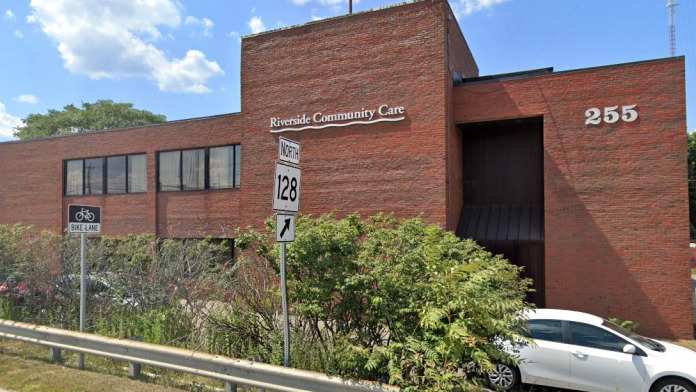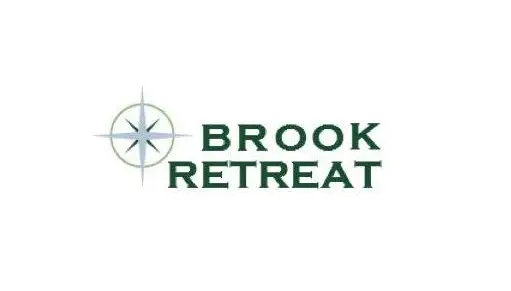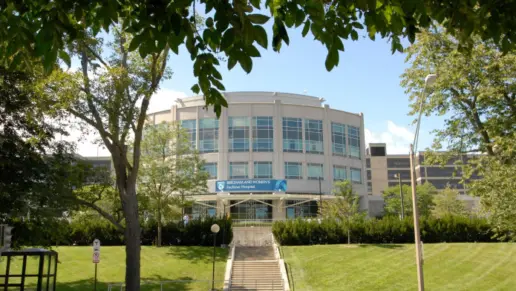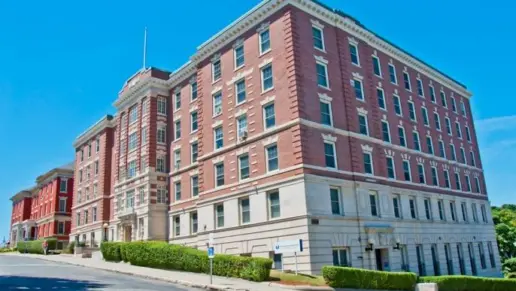About Elliot House
Elliot House, in Needham, Massachusetts, provides mental and behavioral health care services for adolescents and adults. Their programs are based on a Clubhouse Model of treatment emphasizing peer coaching and recovery-focused life skills development. Dedicated services are available for adolescents, young adults, bilingual persons, and persons with co-occurring addiction and mental illness.
Their outpatient programs are based on a Clubhouse Model of care rooted in peer coaching and life skills development. Clients engage in intensive individual and group counseling and recovery education addressing topics such as coping, self-care, wellness, emotional regulation, and relapse prevention. Independent living skills are also prioritized, including job readiness, financial management and budgeting, household management, and parenting.
Their aftercare services ensure a complete continuum of care aligned with clients’ evolving needs and may include academic and vocational training, supportive housing and employment, step-down support, and referrals for medical, mental health, and social service programs.
Elliot House accepts private insurance, Medicare, Medicaid, and self-pay.
Latest Reviews
Rehab Score
Gallery

Location
Other Forms of Payment
Medicaid is a state based program that helps lower-income individuals and families pay for healthcare. Medicaid covers addiction treatment so those enrolled can use their coverage to pay for rehab. When a program accepts Medicaid the client often pays very little or nothing out of their own pocket.
Medicare is a federal program that provides health insurance for those 65 and older. It also serves people under 65 with chronic and disabling health challenges. To use Medicare for addiction treatment you need to find a program that accepts Medicare and is in network with your plan. Out of pocket costs and preauthorization requirements vary, so always check with your provider.
Private insurance refers to any kind of healthcare coverage that isn't from the state or federal government. This includes individual and family plans offered by an employer or purchased from the Insurance Marketplace. Every plan will have different requirements and out of pocket costs so be sure to get the full details before you start treatment.
Self-pay involves paying for treatment out of your own pocket. You can use savings or credit, get a personal loan, or receive help from family and friends to fund your treatment. If you don't have insurance or your insurance plan doesn't cover a specific program, self-pay can help ensure you still get the care you need.
Addiction Treatments
Levels of Care
Treatments
Many of those suffering from addiction also suffer from mental or emotional illnesses like schizophrenia, bipolar disorder, depression, or anxiety disorders. Rehab and other substance abuse facilities treating those with a dual diagnosis or co-occurring disorder administer psychiatric treatment to address the person's mental health issue in addition to drug and alcohol rehabilitation.
Mental health rehabs focus on helping individuals recover from mental illnesses like bipolar disorder, clinical depression, anxiety disorders, schizophrenia, and more. Mental health professionals at these facilities are trained to understand and treat mental health issues, both in individual and group settings.
Programs


Clinical Services
Group therapy is any therapeutic work that happens in a group (not one-on-one). There are a number of different group therapy modalities, including support groups, experiential therapy, psycho-education, and more. Group therapy involves treatment as well as processing interaction between group members.
Life skills trainings involve all the skills a person must have in order to function successfully in the world. These include time management, career guidance, money management, and effective communication. Truly successful addiction recovery is based on the ability to not only live substance-free, but to thrive. Life skills teaches the practical necessities of functioning in society, which sets clients up for success in life, and therefore sobriety.
Contact Information
255 Highland Avenue Suite 300
Needham, MA 02494


